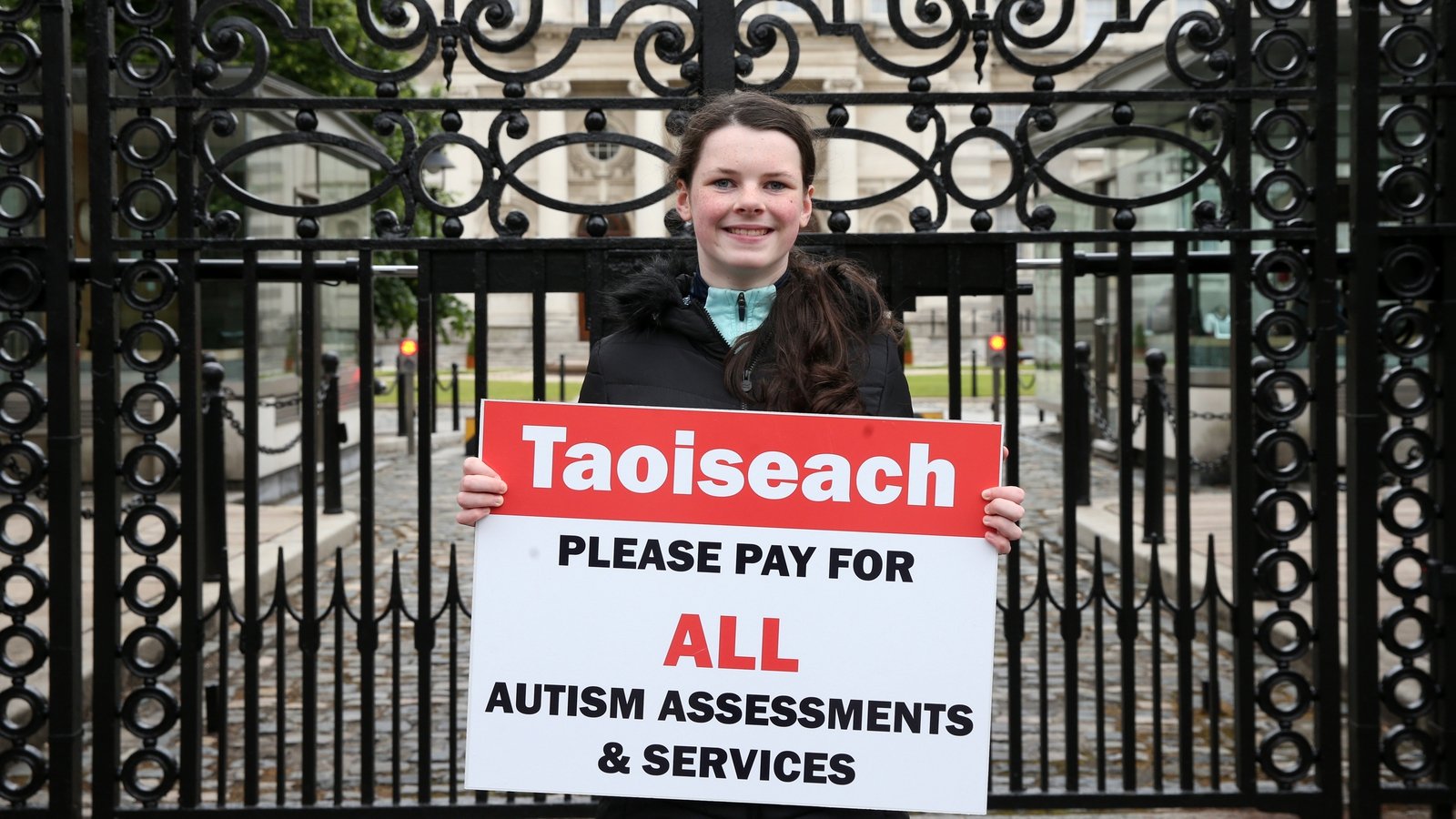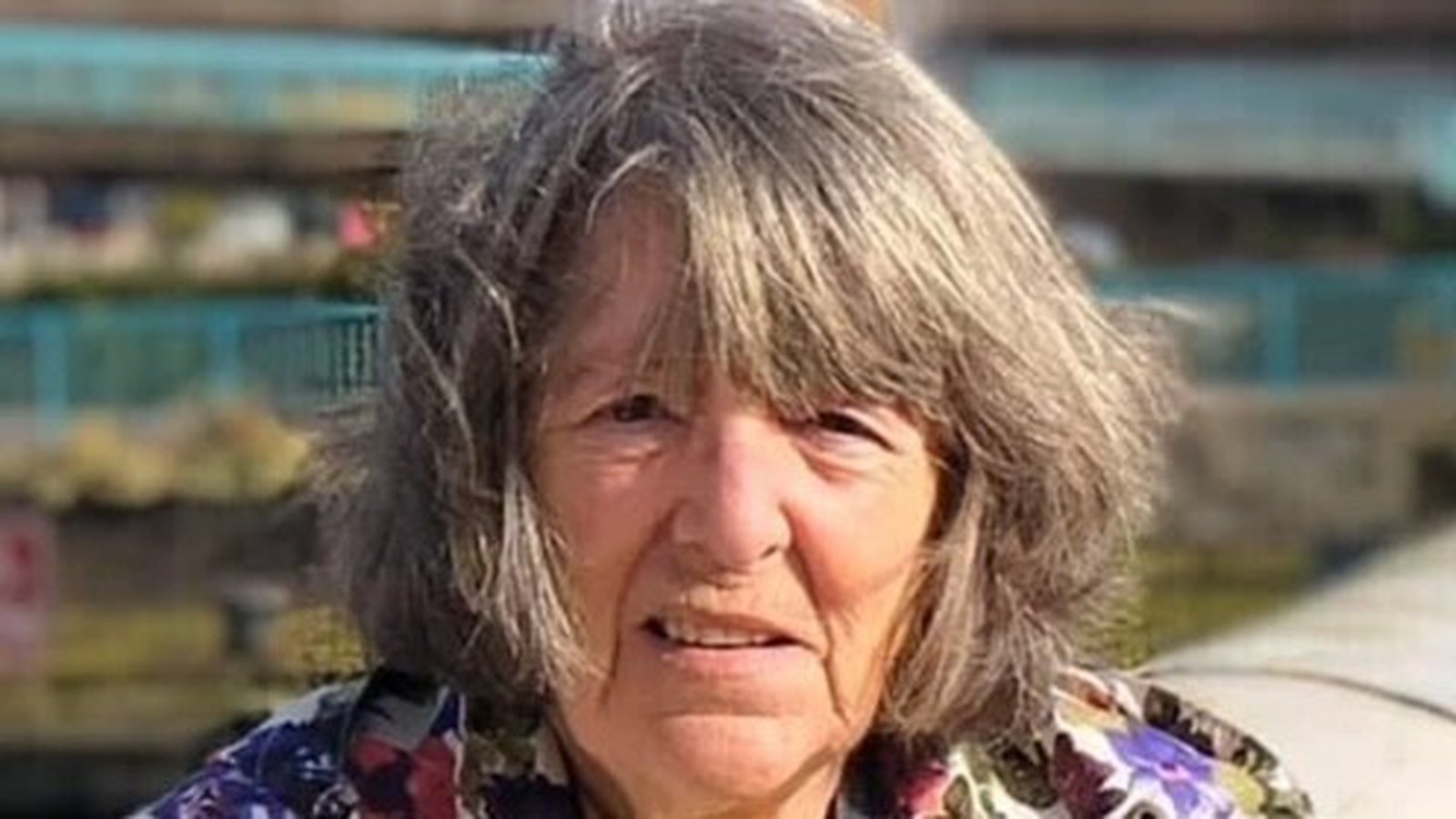State claims IHREC does not have standing to take case


The High Court has heard arguments from the State that the Irish Human Rights and Equality Commission does not have standing to take its case over the State’s failure to provide accommodation to all those seeking asylum here.
This case marks the first time the Commission has used its power to take a legal action in its own name, concerning the human rights of a person or class of people, under section 41 of the 2014 IHREC Act.
On the third day of this High Court hearing, Senior Council for the State Catherine Donnelly told the High Court that “the Commission’s case turns on a misinterpretation of Section 41 in three fundamental respects”.
Ms Donnelly said that while the first, which relates to the scope of the term Human rights “was not fatal to the Commission’s case in its entirety”, the second two were.
These, Ms Donnelly told the court, were the Commission’s failure to “to identify” those within the “class of persons” involved and acting “without the consent of those within the class”.
Ms Donnelly said that section 41 cannot be used to address “systemic failures” and that the Commission has “separate powers (under section 35 of the Act) to deal with that situation”.
Ms Donnelly said that the way to distinguish between “a class of persons” and a “systemic failure” was “in the first there are identified persons”.
On this issue of consent, Ms Donnelly said that “in any representative action there has to be consent on the part of those represented” and that “there is a principal of consent in Irish and EU law, and the Commission’s interpretation of section 41 runs contrary to that” .
Speaking on Wednesday, Senior Council for the Commission, Eoin McCullough said the State’s position that individuals within the “class of persons” had to be “specifically identified” was “contrary to the statutory language”.
Mr McCullagh went on to say that “actually in this case, the State knows who every person is” as it keeps records of all international protection applicants who were not offered accommodation and publishes figures twice a week.
Mr McCullagh also addressed the State’s position “that consent to be represented is an implied necessary condition for the Commission to act”.
“The simple answer to that is that’s just not in Section 41,” Mr McCullagh said, “it’s not there and there is no reason to imply it either”.





